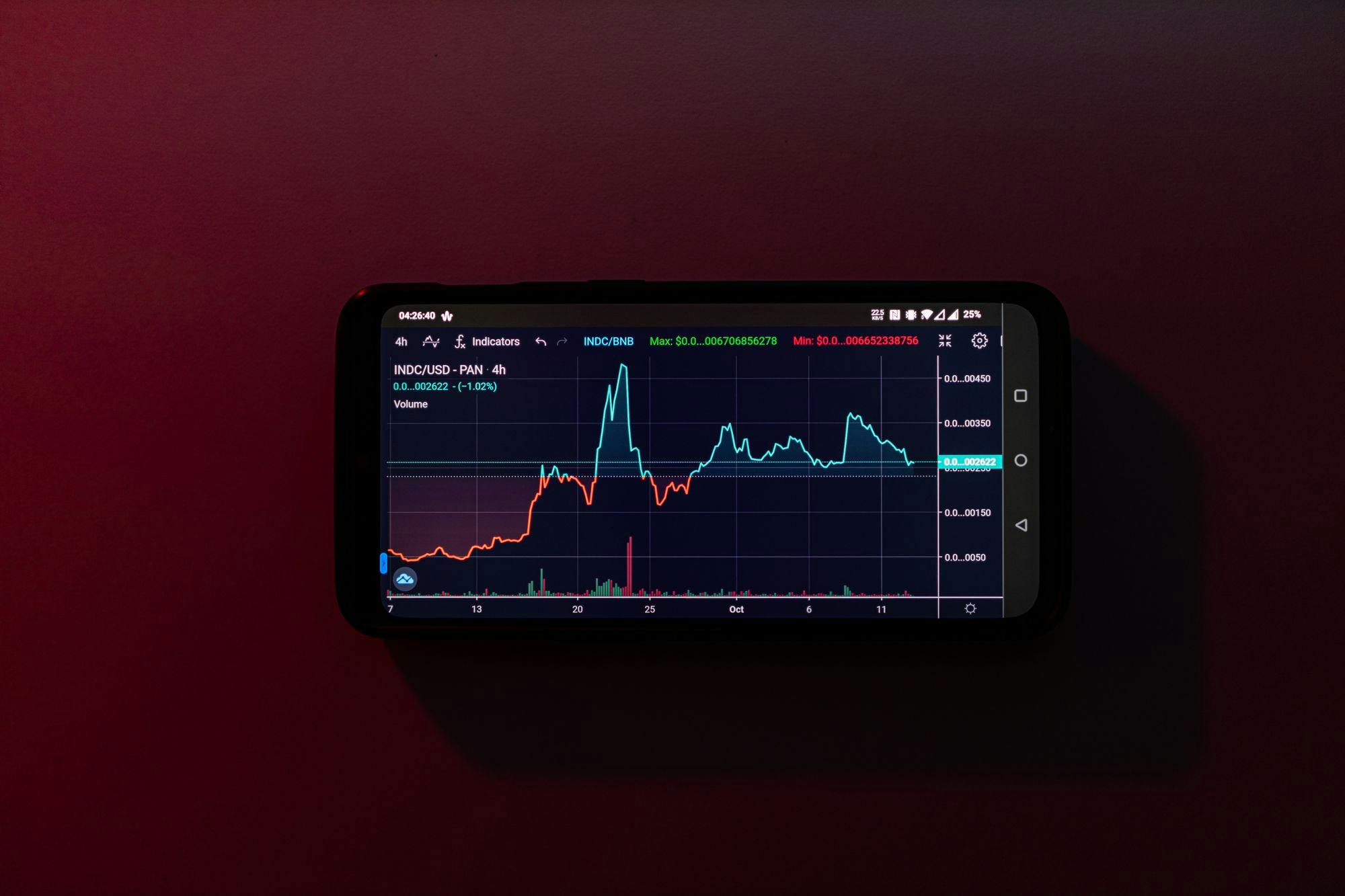Introduction:
Blockchain technology has emerged as a revolutionary force, transforming the way we conduct transactions, manage data, and establish trust in the digital landscape. Initially developed as the underlying technology for cryptocurrencies like Bitcoin, blockchain has evolved beyond its cryptocurrency roots, finding applications across various industries. This article explores the fundamental concepts, key features, and diverse applications of blockchain technology.
Understanding Blockchain:
At its core, a blockchain is a decentralized and distributed ledger that records transactions across a network of computers. Each transaction, or "block," is linked to the previous one through a cryptographic hash, forming a chain. This chain of blocks creates a transparent and unchangeable record of all transactions, ensuring accountability and security.
Key Features of Blockchain:
- Decentralization: Unlike traditional centralized systems, blockchain operates on a decentralized network of nodes. Each node has a copy of the entire blockchain, eliminating the need for a central authority and reducing the risk of a single point of failure.
- Transparency and Immutability: Every transaction recorded on the blockchain is visible to all participants in the network. Once a block is added to the chain, it cannot be altered or deleted, ensuring an immutable and transparent record of all activities.
- Security Through Cryptography: Blockchain relies on cryptographic algorithms to secure transactions and control access to the network. This ensures that only authorized participants can engage in transactions, enhancing the overall security of the system.
- Smart Contracts: Smart contracts are self-executing contracts with predefined rules written into code. These contracts automatically execute and enforce the terms of an agreement when predetermined conditions are met, reducing the need for intermediaries.
Applications of Blockchain Technology:
- Cryptocurrencies: The most well-known application of blockchain is in the creation of cryptocurrencies like Bitcoin and Ethereum. Blockchain provides a decentralized and secure platform for conducting peer-to-peer transactions without the need for intermediaries like banks.
- Supply Chain Management: Blockchain enhances transparency and traceability in supply chains. By recording every step of a product's journey on the blockchain, stakeholders can verify the authenticity and origin of goods, reducing the risk of fraud and improving accountability.
- Finance and Banking: In the financial sector, blockchain technology is transforming how transactions are conducted and verified. It facilitates faster and more secure cross-border payments, reduces fraud through improved identity verification, and enables the issuance of digital currencies by central banks.
- Healthcare: Blockchain is being utilized to create secure and interoperable health records. Patients have greater control over their data, and healthcare providers can access a patient's complete medical history with confidence in its accuracy.
- Real Estate: The real estate industry benefits from blockchain by streamlining property transactions. Smart contracts can automate tasks such as property transfers, reducing paperwork, minimizing fraud, and expediting the overall process.
- Digital Identity: Blockchain offers a secure and decentralized solution for managing digital identities. Users have greater control over their personal information, reducing the risk of identity theft and unauthorized access.
Challenges and Future Outlook:
While blockchain has made significant strides, challenges such as scalability, energy consumption, and regulatory concerns persist. As the technology continues to evolve, researchers and developers are actively working to address these issues and unlock the full potential of blockchain across diverse sectors.
In conclusion, blockchain technology represents a paradigm shift in how we approach digital transactions and data management. Its decentralized, transparent, and secure nature has the potential to reshape industries, foster trust in digital interactions, and create a more efficient and inclusive global economy. As ongoing advancements and real-world applications unfold, the transformative impact of blockchain is poised to extend even further into our interconnected world.
